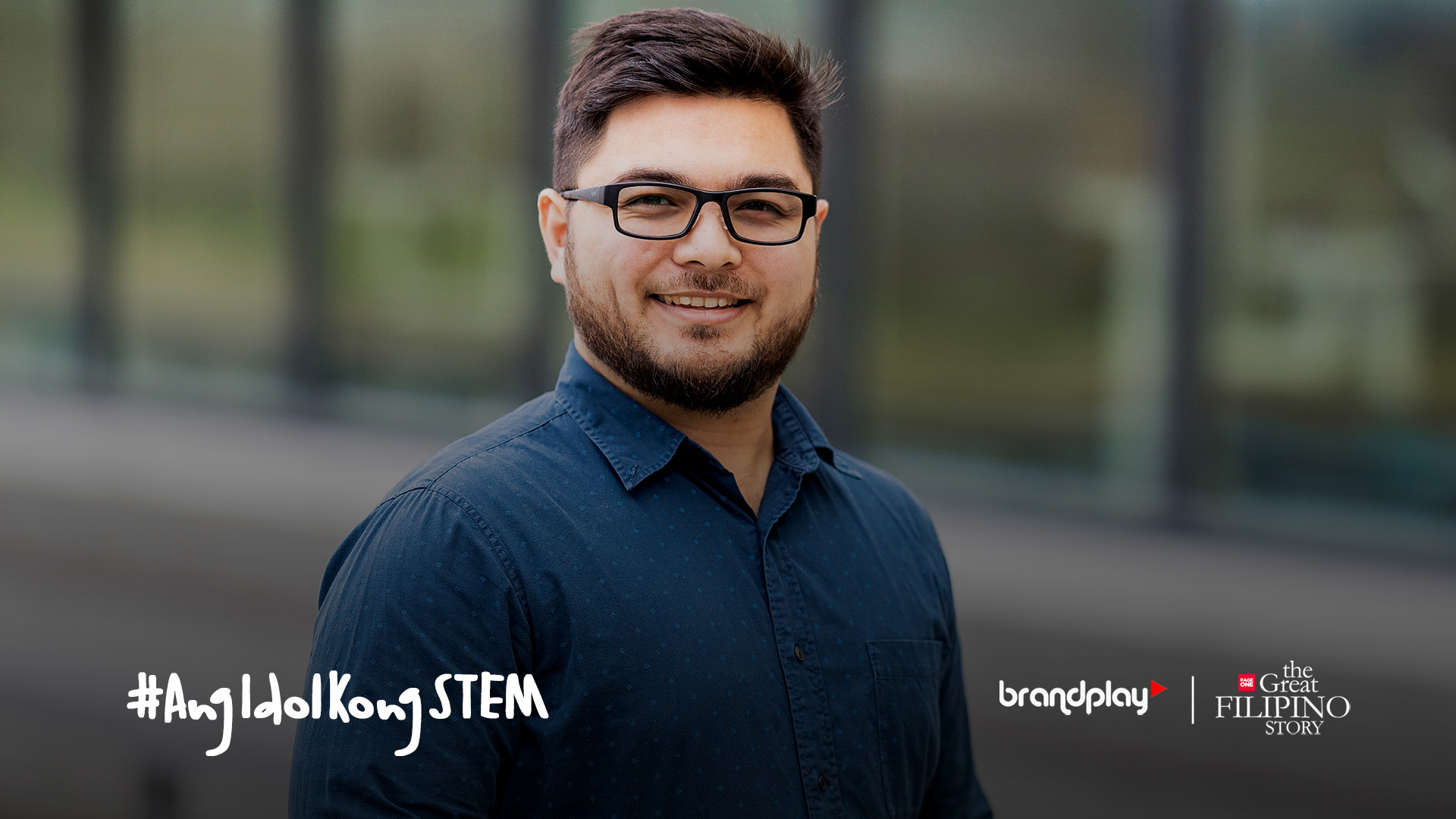Paterno “Jowi” Miranda’s journey into engineering was not just driven by a childhood dream, but by a curiosity that deepened as he navigated the complexities of science and the environment. While many aspiring engineers focus on structures or skyscrapers, Jowi took an unconventional path—one shaped by natural disasters and a keen interest in the water side of engineering.
His story reflects the potential of Filipino STEM professionals to address critical challenges through science and technology, inspiring young minds to look beyond the traditional and pursue a career in fields that may be less known but incredibly impactful.
“I’ve always wanted to become an engineer,” Jowi recalls. But what began as a desire to build structures shifted during his time at UP Diliman, where he discovered a deep interest in water engineering. It wasn’t the buildings that fascinated him, but the impact water had on the environment. “I think during that time, gumaganda na yung water supply natin, and we started seeing problems with flooding and coastal hazards,” Jowi shared.

His turning point came serendipitously when he chose his thesis topic during Typhoon Yolanda, one of the most devastating storms to hit the Philippines. “Living in Manila all my life, I saw it as a big thing. But when I saw the reports afterward, I realized the magnitude of the disaster.” This experience solidified his passion for coastal engineering and sparked his lifelong commitment to understanding the forces of nature and mitigating their effects on communities.
After graduating, Jowi faced significant challenges in his chosen field. “Coastal engineering wasn’t as ‘sikat’ as structural engineering,” he explained. “There aren’t many coastal engineers in the country.” Nevertheless, his determination to excel in this niche field led him to work under his professor’s firm, where he began his career as an apprentice.
Jowi’s commitment to learning didn’t stop there. He pursued a master’s degree, and is now working on his PhD in the Netherlands, where his contributions to the science of coastal engineering take center stage. Despite the imposter syndrome that sometimes creeps in, especially when comparing himself to peers in more advanced countries, Jowi remains focused on making a difference. “Coming from a country where coastal engineering isn’t as developed, it’s easy to doubt yourself. But it’s also a reminder of the impact we can make.”

One of Jowi’s key realizations throughout his career is the need for awareness about coastal processes. As a consultant, he encountered communities affected by reclamations, where confusion often reigned. “People on the ground just want to understand what’s happening to their shoreline. They think, ‘Okay, there’s reclamation, and we’re losing our shoreline.’ But they don’t see the nuances of coastal processes.”
This gap in understanding is where Jowi’s expertise becomes invaluable. His ability to break down complex coastal dynamics for clients and communities allows them to make informed decisions. “Every time I explain what might happen to the ocean, it always amazes me how much the common vernacular does not incorporate what’s happening.”
One common misconception Jowi has encountered in his field is the belief that engineering is solely about math and science. “Sure, math is a prerequisite,” he admitted. “But it’s not the be-all and end-all of it. Engineering is about creating something new that wasn’t there before.”
He advises young people not to be intimidated by the math and physics involved in STEM fields. Instead, he encourages them to stay curious. “Keep that childlike curiosity. When you understand the bigger picture, engineering becomes far from boring. It’s about solving real-world problems, and that’s exciting.”
Jowi’s work in coastal engineering serves as a reminder that the world needs more Filipino STEM professionals who are willing to tackle complex issues that directly impact people’s lives. He believes in the importance of bridging the gap between science and communities, ensuring that solutions are not only implemented but also understood by those they affect.
Jowi Miranda actively shares insights and updates on coastal engineering and related topics through various social media platforms, including Facebook, Instagram, and X, where he engages with a growing community of professionals and enthusiasts alike. His pages reflect his dedication to the field, offering valuable perspectives on how science and engineering can contribute to sustainable coastal development.
For the next generation, his message is clear: “Stay curious, ask questions, and don’t let the challenges deter you. There’s always more to discover, and your work can create lasting change.”
Paterno “Jowi” Miranda IV is a coastal engineer currently pursuing his PhD in Civil Engineering under the SEDIMARE project, a joint program of Deltares and the University of Twente in the Netherlands. His research focuses on the modeling of mixed (sand-mud) sediments in marine and coastal waters. Jowi holds a Bachelor’s degree in Civil Engineering from the University of the Philippines Diliman, where he graduated Cum Laude, and a Master’s degree from the University of Delaware, USA, under a Fulbright Scholarship.
He has worked as a coastal engineering consultant on projects across the Philippines, including Manila Bay and Cebu, and has taught at several universities, including UP Diliman and De La Salle University. His story reminds everyone that science and engineering are not just about theories and equations—they are about making a real difference in the world.







